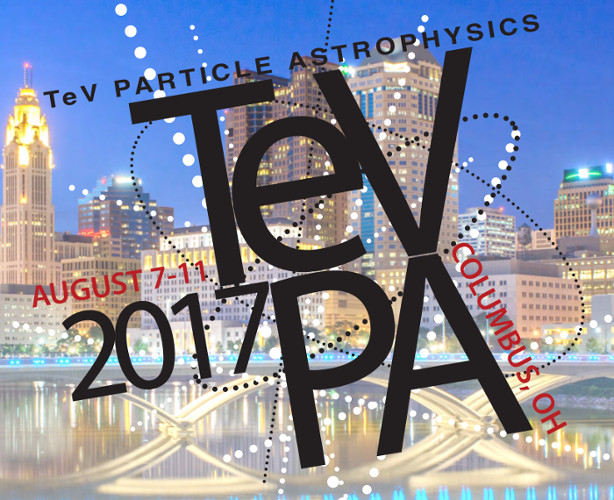Speaker
Description
IceCube is a cubic kilometer scale detector in the deep antarctic ice. The 5160 deployed digital optical modules lead to the unambiguous detection of astrophysical neutrinos using events starting inside the detector with deposited energies above 60 TeV. Lowering the energy threshold down to 1 TeV, while maintaining a >90% neutrino-pure sample, greatly increases statistics. We will present the latest results of this data sample, containing more than 7000 all-sky neutrino-induced cascades and tracks. The data set allows a more precise measurement of the astrophysical spectrum, down to the atmospherically dominated region. Astrophysical models involving a second power-law component will be tested. Furthermore, we will present improved limits on the contribution of neutrinos from charmed mesons to the atmospheric flux. Having a significant contribution of both tracks and cascades in the same data sample allows to constrain the neutrino flavor space.
